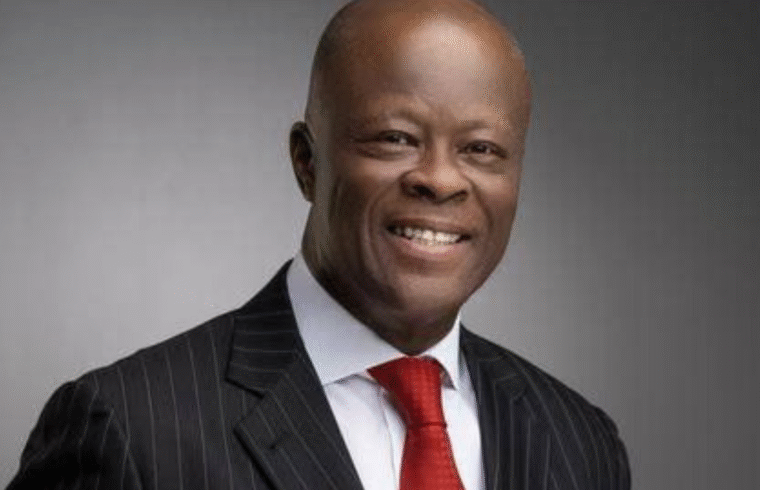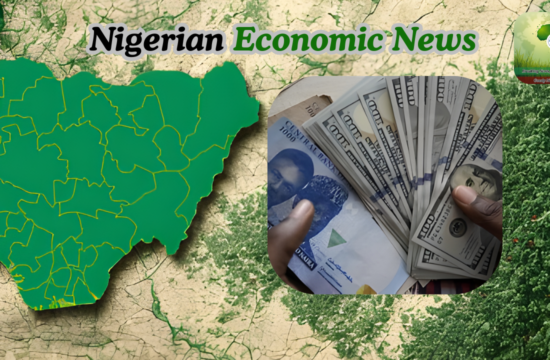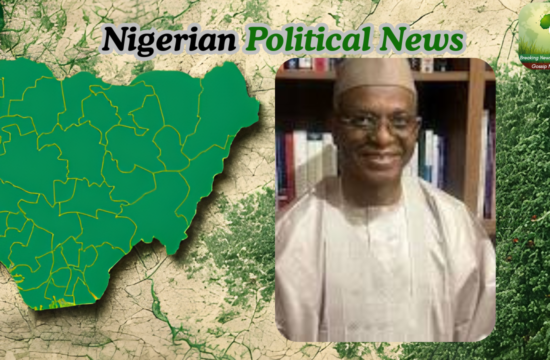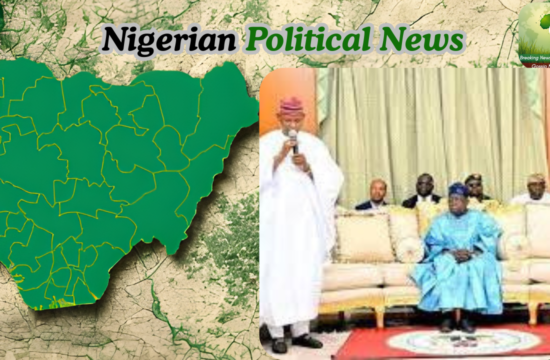Nigeria’s economy appears to be gaining momentum once again, as the International Monetary Fund (IMF) recently upgraded the country’s Gross Domestic Product (GDP) growth forecast to 3.9% for 2025 and 4.2% for 2026 — a strong indication that Africa’s largest economy may be turning the corner after years of turbulence.
The IMF attributed this positive revision to higher oil production, growing investor confidence, and a more supportive fiscal environment. These figures were highlighted in the IMF’s latest World Economic Outlook report, titled “Global Economy in Flux, Prospects Remain Dim,” released on Tuesday. The new forecast represents a 0.5 percentage point increase from the previous estimate, signaling renewed optimism about Nigeria’s medium-term economic outlook.
A History of Economic Volatility
For years, Nigeria’s economy has been plagued by instability — from oil price shocks and inflation to currency fluctuations and rising poverty levels. In May 2023, the country’s inflation rate soared to 22.41%, with food inflation at 24.82%, the highest in two decades.
At that time, Nigeria operated a fragmented exchange rate system, encouraging round-tripping and rent-seeking. The Central Bank of Nigeria (CBN) burned through billions in foreign reserves to defend the naira, eroding investor trust. Although gross external reserves stood at $34.96 billion, the usable portion was far lower due to forward contracts and currency swaps. GDP growth hovered at 2.74%, while a backlog of unfulfilled foreign exchange obligations stifled imports and investor repatriation.
By May 2023, Nigeria’s economy was teetering — heavily dependent on CBN overdrafts, external borrowing, and subsidy financing. Inflation ravaged real incomes, exchange-rate distortions fueled corruption, and confidence in public institutions hit rock bottom.
A Turnaround in 2025
Fast forward to 2025, and the economic narrative is shifting. The IMF now credits a combination of fiscal discipline, monetary tightening, and sectoral diversification for Nigeria’s gradual recovery.
A recent GDP rebasing — the first since 2014 — revealed a more dynamic economy, with digital technology, entertainment, and professional services emerging as major growth drivers, reducing the nation’s dependence on oil.
Inflation has eased significantly, dropping to 18.02% in September 2025, the lowest level since May 2022. External reserves have also risen above $42 billion, reaching $42.225 billion as of September 25, 2025 — the highest in over six years.
Reforms and Leadership
At the center of this recovery is Wale Edun, Nigeria’s Minister of Finance and Coordinating Minister of the Economy. A technocrat with a reform-driven mindset, Edun has led efforts to strengthen fiscal transparency, curb waste, and improve revenue collection.
Working closely with the CBN, the administration has tightened monetary policy to stabilize the naira and reduce inflation. These reforms have reignited foreign investor confidence, positioning Nigeria as a more predictable and investable market.
Expert Endorsements and Economic Data
Prominent economist Bismarck Rewane, CEO of Financial Derivatives Company (FDC) Limited, affirmed that Nigeria’s recovery is “real and sustainable.” Speaking at the Lagos Business School (LBS) breakfast session, titled “Reality Check: Is Nigeria’s Economic Recovery Authentic? Yes, It Is,” Rewane noted that the current upturn is backed by improvements in GDP growth, inflation stability, employment, and investor sentiment.
Key data highlights include:
- Petrol prices dropped from ₦985/litre (Sept 2024) to ₦841/litre (Oct 2025).
- The foreign exchange rate appreciated from ₦1,900/$ (Feb 2024) to ₦1,488/$ (Oct 2025) due to FX market liberalization.
- The gap between official and parallel market rates has narrowed to just ₦24.
- GDP growth has climbed to 4.23%, the highest in four years.
Rewane described this phase as a “dynamic equilibrium” — a recovery marked not only by growth but also by improving fundamentals.
Cautious Optimism and the Road Ahead
Despite these positive indicators, experts are urging caution. The World Bank Country Director for Nigeria, Dr. Matthew Verghis, emphasized the need to tackle food inflation and ensure reforms benefit ordinary Nigerians. In the Bank’s Nigeria Development Update (NDU) report, “From Policy to People: Bringing the Reforms Gains Home,” he warned that many citizens still face hardship due to eroded purchasing power.
Similarly, Muda Yusuf, CEO of the Centre for the Promotion of Private Enterprise (CPPE), acknowledged the government’s bold reforms but cautioned that they have caused short-term pain. He called for targeted social protection measures such as cash transfers, food security initiatives, and job creation programs to cushion vulnerable households.
Looking ahead, Yusuf stressed that Nigeria must deepen economic diversification, add value to agriculture, manufacturing, and solid minerals, and strengthen governance through transparency, reduced costs of governance, and fiscal responsibility.
Conclusion
Nigeria’s economic outlook for 2025 and beyond is cautiously optimistic. With reforms taking root, investor confidence returning, and key indicators improving, the nation appears to be entering a new phase of stability and sustainable growth.
While challenges remain, one thing is clear — Nigeria is no longer merely surviving; it is strategically rebuilding, rewriting its economic story with discipline, innovation, and renewed hope.












